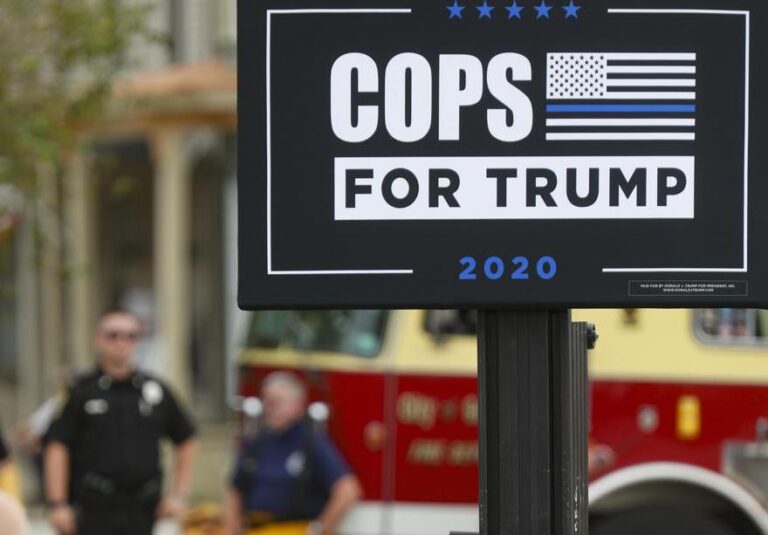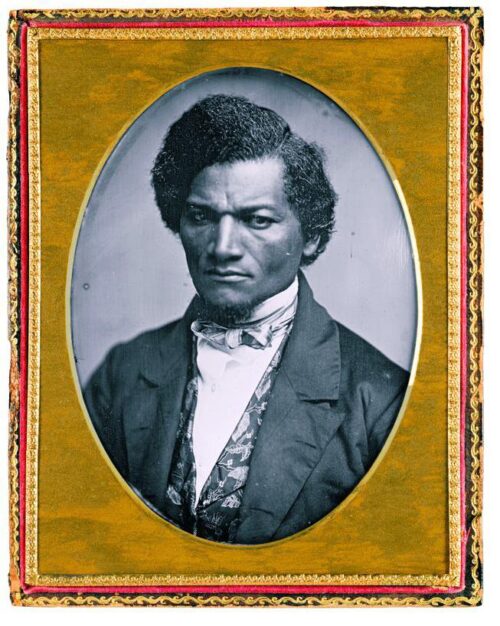The thin blue-red line
Police are expected to be “tough on crime,’’ which nowadays may imply that they’re Republican. There is some truth to that: A team of researchers collected data on 99 of the 100 largest local police departments and found that officers were generally more likely to be Republicans than the civilians in their jurisdiction. But it’s unclear how much this matters. An analysis of actual on-duty behavior in Chicago and Houston — which controlled for month, year, day of the week, shift, and beat — found no significant differences overall between Democratic and Republican officers. However, in Chicago, white Democrats made more arrests for violent crime than white Republicans.
Ba, B. et al., “Political Diversity in U.S. Police Agencies,’’ American Journal of Political Science (forthcoming).
Executives from central casting
A team of researchers including professors at the University of Pennsylvania, Carnegie Mellon, and Harvard trained an AI model on thousands of celebrity and noncelebrity faces so that it could identify faces that have the look of a celebrity. The model can predict whether posting a face photo on Instagram will lead to increases in follower count. It also found that the LinkedIn profile photos of Fortune 500 executives have much higher celebrity scores than nonexecutive employees of the same companies.
Feng, X. et al., “An AI Method to Score Celebrity Visual Potential,’’ Journal of Marketing Research (forthcoming).
Fancy hobbies
Psychologists from the University of California, Berkeley, found that young people still consider highbrow culture impressive. College students listened to audio of a fellow student describing either a preference for independent films and classical music or a preference for action movies and pop music. The study participants tended to rate the highbrow student as higher in social class, higher in competence, and a better prospective job hire. College admissions counselors seem to make similar judgments. The researchers sent hundreds of colleges an inquiry email from a bogus student who was coded as either highbrow (played the trombone in a symphonic band, was president of the independent film club, sailed on weekends) or lowbrow (played guitar in a rock band, was president of the sci-fi movie club, played pickup soccer on weekends). Admissions counselors were more likely to respond to the highbrow student — particularly at expensive colleges — and put more effort into their response, as judged by independent evaluators.
Guzman, L. et al., “Cultural Capital Signaling and Class-Related Selection Biases in Employment and Education,’’ Basic and Applied Social Psychology (forthcoming).
Wakeup calls
Sociologists analyzed data on hundreds of women ages 18 and 19 who lived in or around Flint, Mich., and who were surveyed every week for a couple of years about their sexual relationships. The sociologists found that women who had experienced one or more pregnancy scares — meaning they briefly thought they were pregnant when they did not want to be — in their current relationship were less likely to experience a breakup in subsequent months, even accounting for such factors as the duration of the relationship. The sociologists hypothesize that pregnancy scares may bolster relationships because they spur greater commitment and/or consideration of someday having children.
Newmyer, L. & Yabiku, S., “Make It or Break It? Pregnancy Scares and Romantic Relationship Dissolution,’’ Demography (February 2025).
Antisemitic feedback loops
A political scientist found that Americans on both the political left and the political right were prone to associating Jews with conspiracies. In a survey experiment with Americans conducted in early 2023, the researcher found that simply presenting participants with a short article about an initiative by the World Economic Forum — an initiative that comes up commonly in online conspiracy theories — tended to cause those who had voted for Joe Biden in 2020 to attribute greater political and economic power to Jews. This effect was not seen in study participants who had voted for Trump. On the other hand, simply presenting participants with a short article about how Jewish immigrants played a big role in developing Broadway and Hollywood caused those who had voted for Trump — but not those who had voted for Biden — to more strongly endorse COVID-related conspiracies. For whatever it’s worth, the researcher noted that similar effects were not seen among left- or right-wing participants in a similar survey experiment in Britain.
Lewis, J., “Conspiracy and Antisemitism in Contemporary Political Attitudes,’’ Political Research Quarterly (forthcoming).

